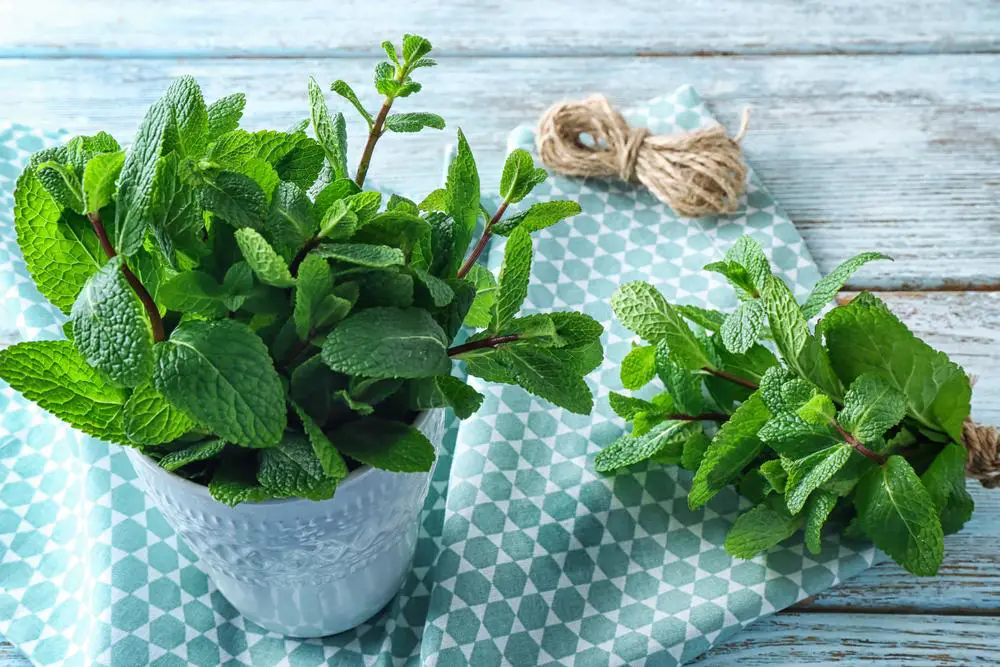As a BetterHelp affiliate, we receive compensation from BetterHelp if you purchase products or services through the links provided
The Mayo Clinic reminds us of the adverse effects anxiety can have on anyone. The excess and often sustained worry can become an obstacle to our overall happiness.
But how to control anxiety when you constantly have this niggling worry about something that might happen, leading to an irritable, restless, and worried you? Luckily, there are several ways to control anxiety. People differ, and they might not all work for you, but you will indeed find some that can help you take better control:
Deep breathing techniques
 It’s easy to learn breathing exercises for anxiety. Most importantly, you can do them everywhere to help you feel more in control when anxious. Here’s how to control anxiety with several breathing exercises- try them all and choose the one that works best for you:
It’s easy to learn breathing exercises for anxiety. Most importantly, you can do them everywhere to help you feel more in control when anxious. Here’s how to control anxiety with several breathing exercises- try them all and choose the one that works best for you:
Extended exhale
In this exercise, inhale to the count of four, then make the exhale last longer. The aim is to make it to the count of six or longer. Do this exercise whenever you feel anxious; it helps visualize the stress flowing out with each exhalation.
Belly breathing
Here, the attention goes to your belly’s movement, helping you consciously take full, deep breaths. Breathe deeply in and out with your hand on your abdomen so that you can feel it rise and fall.
Affirmation

Whenever you feel anxious, think of a calming word or phrase. Then, inhale and exhale as you repeat it silently to create a sense of calm and focus.
Box breathing
While visualizing a box, inhale for four counts, hold for four counts, breathe out for four counts, and then hold for four counts. Box Breathing helps you maintain focus and rhythm when faced with anxious moments.
Resonant breathing
With this breathing exercise, you take five full breaths of inhale and exhale per minute, each lasting 12 seconds.
Yogic breathing
Yogic or alternate nostril breathing involves breathing in from one nostril and exhaling through the other. It takes some practice to get this technique right, but some people swear by it.
3-3-3 rule breathing technique
The 3-3-3 is a breathing exercise anyone can use in stressful situations. Inhale, hold and breathe out, each for three seconds.
Healthy lifestyle habits
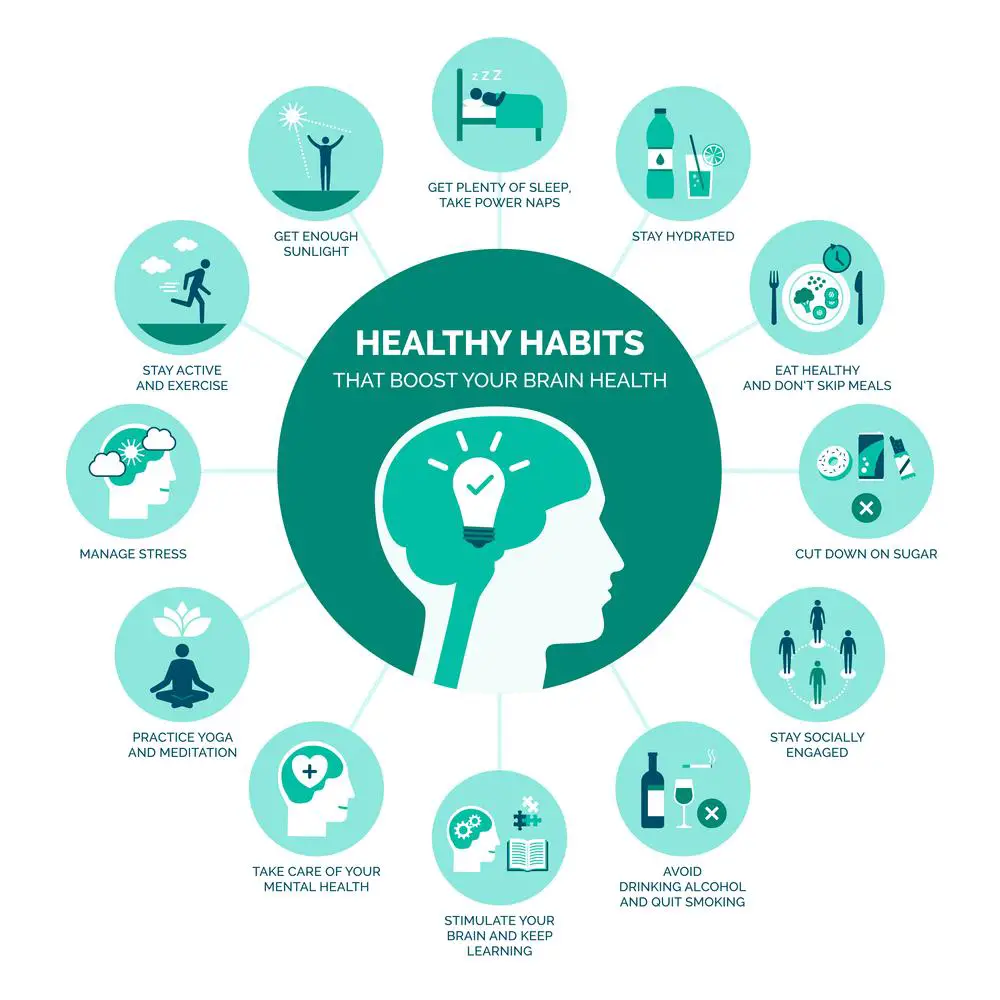 Lifestyle changes may sound like a myth, but they have proven invaluable for treating anxiety, ensuring they have become integrated with its treatment approach. Here’s how to control anxiety with healthy lifestyle habits:
Lifestyle changes may sound like a myth, but they have proven invaluable for treating anxiety, ensuring they have become integrated with its treatment approach. Here’s how to control anxiety with healthy lifestyle habits:
Start Exercising – Exercise elevates your mood, boosts self-confidence, helps you feel empowered, and enhances social connections, partly because it stimulates the body to produce the neurotransmitters serotonin and endorphins. So start with this critical lifestyle change by finding the exercise routine that suits you, whether walking, yoga, aerobics, swimming, etc.
Diet – A healthy diet helps send a steady flow of vital nutrients to the brain to produce neurotransmitters. Therefore, cut out sugar and trans fats. Instead, get more fresh foods, whole foods, and water. Also, keep your calcium intake high. Look after your gut health since it’s connected with brain health. Eat fermented foods like yogurt, miso, kimchi, tempeh, etc., for their probiotics. Also, cut out or cut down on caffeine because studies have linked it to anxiety.
Alcohol – Stop drinking alcohol because it is a depressant. Even though you may think it numbs your anxiety, it’s not.
Sleep – Sleep helps the body replenish neurotransmitters. You will feel more anxious if you aren’t getting enough. Up your sleep by establishing a bedtime routine and practicing sleep hygiene.
Don’t smoke – Like alcohol, smoking increases anxiety.
Positive thinking – When you live with anxiety, you tend to have feelings of hopelessness, helplessness, and negative attitudes. These affect the immune system and the production of those essential brain chemicals. You can do many things to train your brain to change its perceptions, including meditation. Researchers say that kindness, gratitude, and forgiveness can also help, but you need practice to develop these skills.
Reduce Stress – Stress aggravates anxiety, so learn how to minimize it. Start by identifying your stressors and finding ways to reduce their presence. Practice relaxation techniques to reduce its effects and cultivate resilience to handle the stress you cannot avoid.
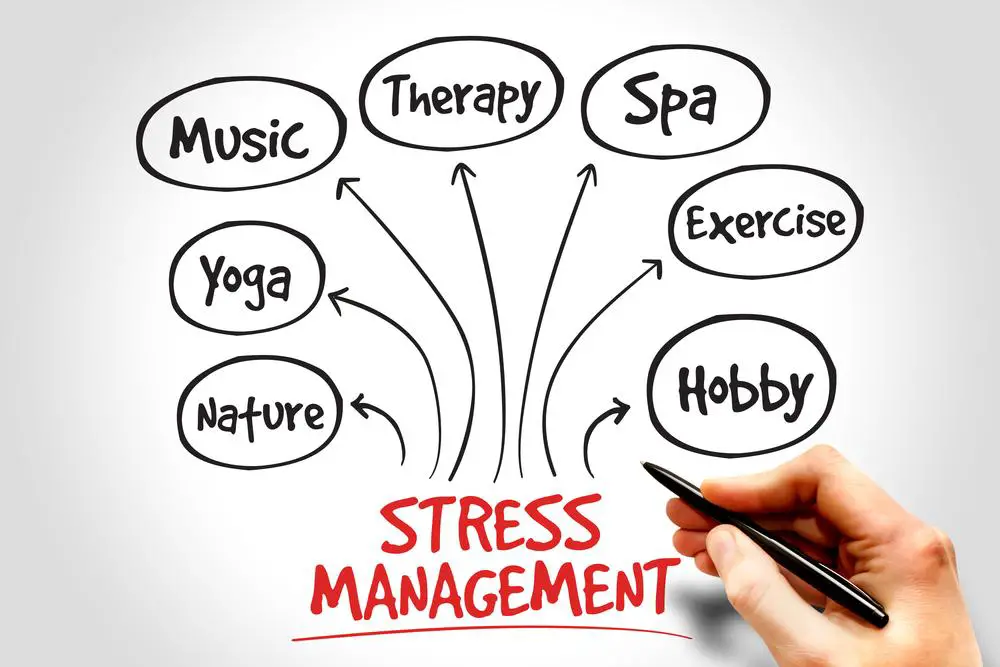
Social Support – Anxiety might make you want to avoid others, but social support is critical to dealing with it. Don’t let yourself feel isolated. Maintain regular contact with friends and family, take up a hobby or class to meet others, volunteer, or get a pet.
Purpose and Spirituality– Research shows that having a purpose makes people more resilient to challenges and stress. A solid spiritual viewpoint does the same.
Read more about the healthy lifestyle factors research shows are most important for reducing depression and anxiety from Medical News Today.
Cognitive behavioral therapy
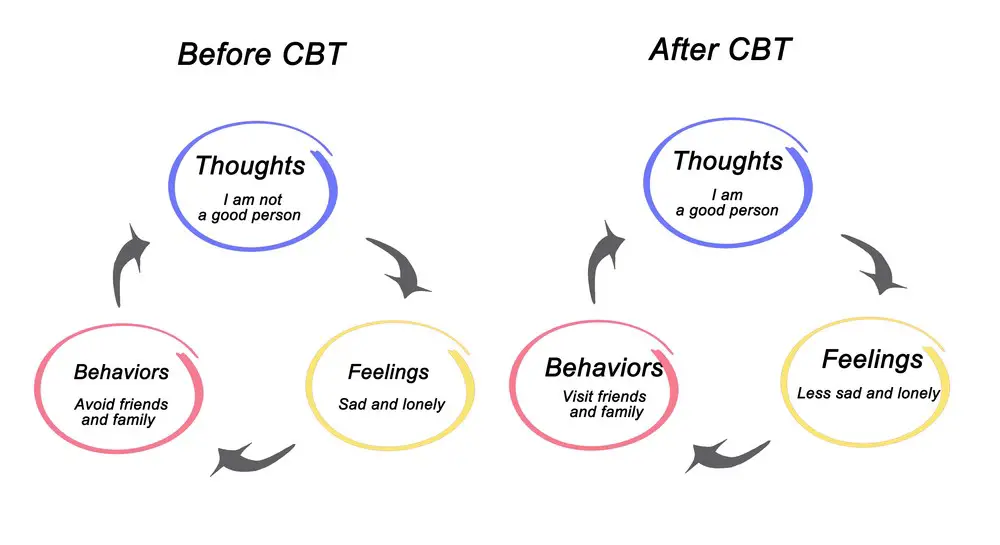
The psychological treatment known as cognitive behavioral therapy (CBT) aims to help you recognize and change the damaging thought patterns that have a negative influence on you. It uses cognitive therapy with behavior therapy to help you change the negative thought process that contributes to your anxiety. It helps people with anxiety and depression to learn to trade negative thoughts with realistic ones.
CBT uses several techniques and approaches to help your thoughts, emotions, and behaviors. Here are some methods you can expect:
- Identifying the negative thoughts that lead to your anxiety.
- Learning new ways to cope to help you avoid or deal with anxiety-inducing thoughts or situations.
- Setting goals to help you make changes to your negative thoughts.
- Learning to solve problems that arise from life stressors. Expect these five steps in problem-solving in CBT:
- Identify the problem
- Create a list of potential solutions
- Evaluate each potential solution’s strengths and weaknesses
- Choose which one to implement
- Implementation
- Self-monitoring is vital in CBT because it helps you track and share your experience with your therapist. You keep a diary with all your emotions, thoughts, and experiences relating to your anxiety to help your therapist determine the best treatment.
- Additional CBT techniques on how to control anxiety may include journaling, practicing relaxation strategies, role-playing, and doing mental distraction exercises.
Natural remedies for anxiety
Research on herbal remedies shows that they may help with anxiety, but studies on their risks and benefits are ongoing.
Here are some of the most popular natural remedies:
Passionflower

Some clinical trials suggest that passionflower might help. Some supplements combine passionflower with other herbs, making it difficult to understand the properties of each herb. However, its short-term use may help with alleviating anxiety and restlessness.
Valerian

Valerian has been used for centuries to treat anxiety, depression, and sleep issues. Studies have failed to show its effectiveness, but it’s worth trying because it’s generally safe to use except for young children and nursing or pregnant people.
Chamomile
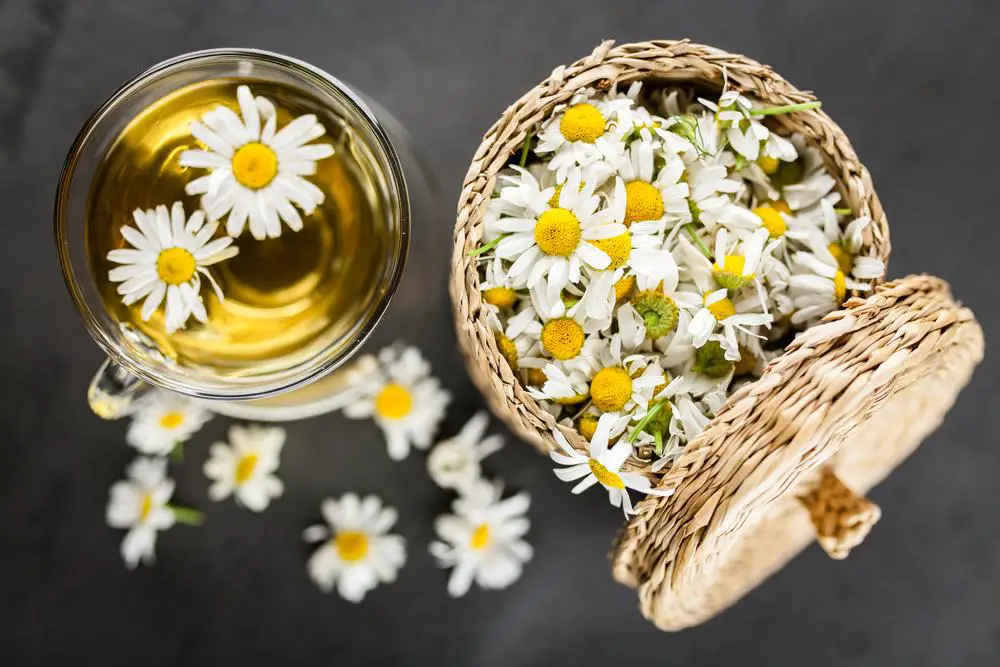
Camomile tea and supplements are generally safe to use, except for people with an allergy to it or for people taking warfarin to thin the blood or cyclosporine ( the anti-rejection drug).
Lavender
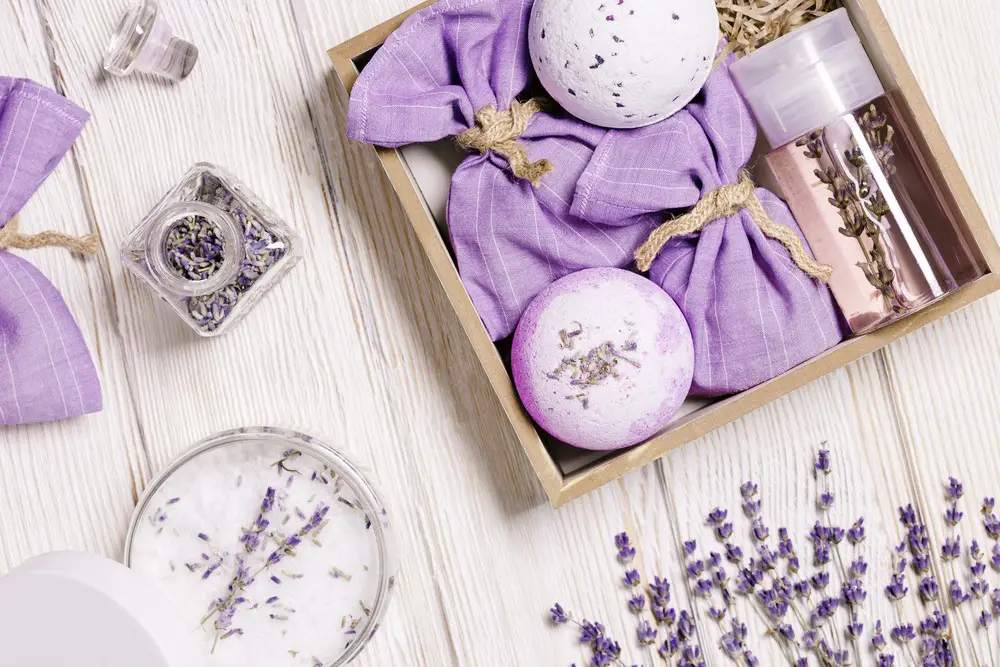
Taking a lavender supplement or using it as aromatherapy seems to reduce anxiety, according to some research. However, because it can disrupt hormones, it’s not recommended for teens. Those who are pregnant or breastfeeding should also avoid taking it orally.
Lemon balm
Some studies show that lemon balm can lessen some symptoms of anxiety. It’s a well-tolerated natural remedy for short-term use. Whether lemon balm is safe during pregnancy or when breastfeeding is still to be established.
Other natural remedies that show promising results include the adaptogen ashwagandha, galphimia glauca, kava kava, and cannabidiol.
However, remember that even though these are natural remedies, they are not always safe. Quality controls exist, but drug associations globally don’t monitor them like other medications. Additionally, get advice from a healthcare professional before taking any of these natural remedies because they can interact with other medicines.
Creating a support network
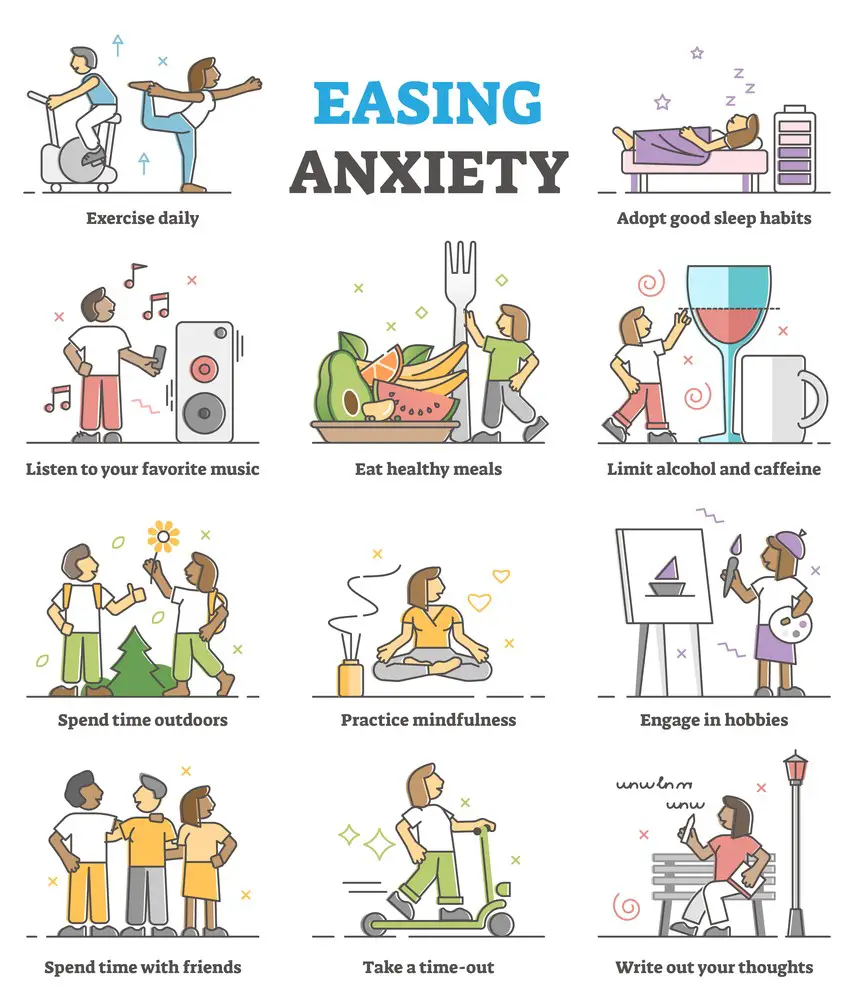
Mental health professionals stress the importance of creating a strong support network when considering how to control anxiety. A support network includes friends, family, colleagues, and support groups. It can also include social activities and your religious community.
These play various roles, providing emotional, instrumental, and informational support. For example, a colleague might take on a praising, guiding, or mentoring role, whereas a partner or spouse can provide a shoulder to cry on, take care of your physical needs, and give you advice.
Creating a support network is vital in helping you with how to control anxiety. Here’s how:
- Provides a sense of belonging
- Reduce anxiety and stress
- Improves your overall physical and mental health through emotional support
- Increases your self-esteem when you know you have someone who relies on you, or you can rely on
Managing stress effectively
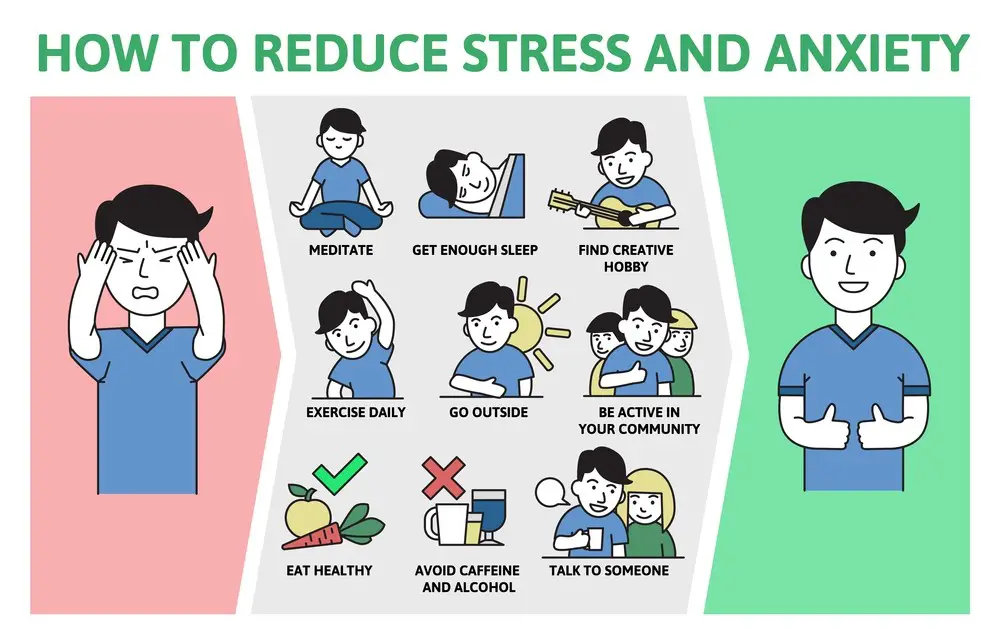
According to WebMD, here’s how to control anxiety by managing stress effectively:
- Maintain a positive attitude.
- Accept that you cannot control everything.
- Don’t become aggressive; learn to be assertive.
- Learn effective time management.
- Learn to say no and to set limits.
- Make time for yourself by having hobbies and interests.
- Drugs and alcohol can stress you further and make you more anxious, so stop relying on them.
- Spend enough time with people whose company you enjoy because social support is vital.
- Therapy teaches you healthy ways to deal with stress, meaning it’s an important option.
Developing relaxation techniques
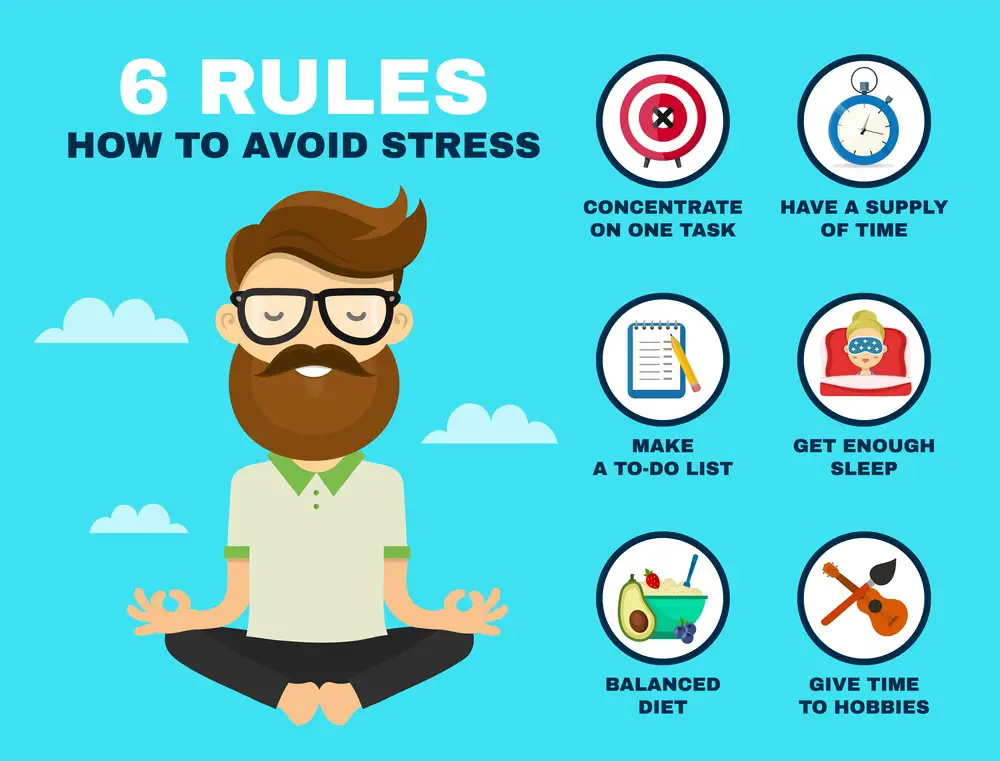
We all face stressful situations, from minor annoyances to severe worries. It takes practice to learn relaxation techniques, but once you master them, you can take control of your anxiety. Remember, they don’t all work for everyone. So, find the best one for how to control anxiety for you:
- Focus on breathing using any of the exercises mentioned in section 1.
- Perform a body scan while using progressive muscle relaxation, focusing on one part of the muscle groups at a time.
- Use guided imagery by thinking of soothing experiences or places to help you relax and focus.
- Practice mindfulness meditation to bring your mind to the present moment.
- Take up yoga, tai chi, and qigong for their postures, flowing movements, and rhythmic breathing. These are excellent for flexibility, balance, and calming racing thoughts.
Other relaxation techniques include massage, meditation, prayer, aromatherapy, hydrotherapy, and autogenic therapy.
Seeking professional help

Some situations make it essential to seek professional help to help you learn how to control anxiety. Here’s how to know when you should see a professional:
Your anxiety becomes an obstacle in any aspect of everyday living, often causing difficulties for six or more months.
- Your anxiety affects your relationships
- You feel isolated, hopeless, or helpless
- You have constant excess worry that affects you emotionally and physically
Depending on the severity of your anxiety, you can seek support from various people. These could be a family member, a friend, someone from your community, a support network, a therapist, or a medical professional. It’s essential to recognize your anxiety and to share your concerns because you can get the help required to identify it and address it.
Getting help may include a behavioral therapy plan, anti-anxiety medication, and learning coping mechanisms, depending on its severity. The aim is to move past the excessive worry that has taken control of your life by learning the skills to erase negative thoughts.
When to Seek Professional Help for Anxiety

Knowing when to reach out for professional assistance can be crucial for managing anxiety effectively. Consider professional help if:
- Persistent Anxiety: You experience anxiety that is persistent and interferes significantly with your daily life, including work, relationships, or personal happiness.
- Physical Symptoms: Constant physical symptoms like palpitations, dizziness, or chest pain are present, and anxiety seems to be a contributing factor.
- Ineffective Self-Help Measures: Common self-help techniques and lifestyle changes have not adequately addressed your symptoms.
- Substance Use: You find yourself increasingly relying on substances like alcohol or drugs to cope with your anxiety.
Choosing Between Medication and Therapy
The decision between medication and therapy depends on various factors, including the severity of your anxiety, your personal preferences, and past responses to treatments:
- Medication Can effectively reduce symptoms quickly and is often used in severe cases. However, medications can have side effects and typically do not address the underlying causes of anxiety.
- Therapy: Particularly cognitive behavioral therapy (CBT), helps you understand and change the thought patterns that contribute to anxiety, offering long-term benefits without the side effects of medication.
Setting Goals to Manage Anxiety
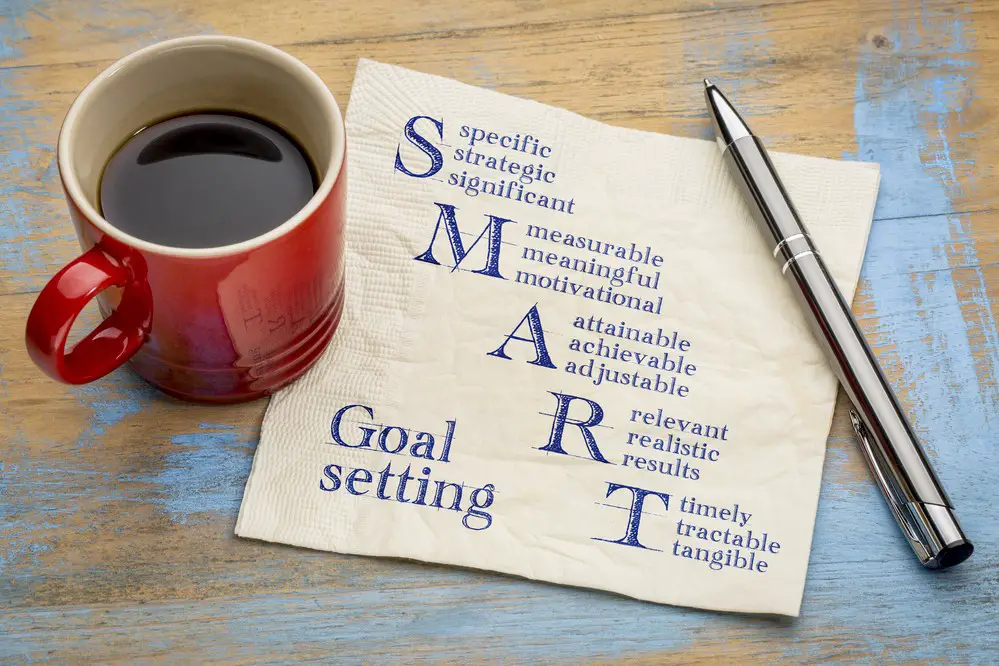
Setting clear, actionable goals is a powerful way to manage anxiety. When setting goals, consider:
- Specificity: Make your goals specific and actionable, such as “practice breathing techniques for 10 minutes every morning.”
- Measurable: Ensure that you can track your progress. For example, use a journal to note the frequency and intensity of anxiety episodes.
- Achievable: Set goals that are realistic and attainable to avoid additional stress.
- Relevant: Choose goals that are directly related to managing your anxiety and improving your quality of life.
- Time-bound: Give yourself a clear timeline for achieving your goals to maintain motivation.
Recognizing Progress in Anxiety Management
Monitoring your progress is essential for staying motivated and adjusting your management strategies. To effectively recognize progress:
- Track Changes: Make a record of how frequently you experience symptoms of anxiety and note any changes in their intensity or frequency.
- Celebrate Small Wins: Acknowledge and celebrate small achievements along your journey. This can be as simple as recognizing a week you felt less anxious than usual.
- Seek Feedback: Regular check-ins with a mental health professional can provide professional insights into your progress and help adjust your strategies if needed.
By incorporating these sections into your blog, readers will gain valuable guidance on when to seek help, choose between medication and therapy, set realistic goals, and recognize progress in managing anxiety. This structured approach can empower readers to take active steps toward improving their mental health.
- Stress Management: What is the Relationship Between Stress and Addiction? - June 28, 2024
- Exploring Techniques to Maintain a Healthy Lifestyle without Drugs - May 28, 2024
- How Acupuncture Helps Treat Chronic Fatigue Syndrome - May 28, 2024
This site contains affiliate links to products. We will receive a commission for purchases made through these links.


